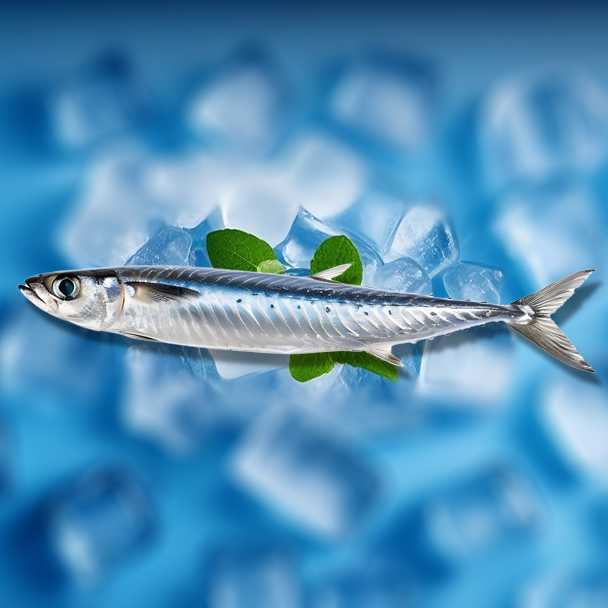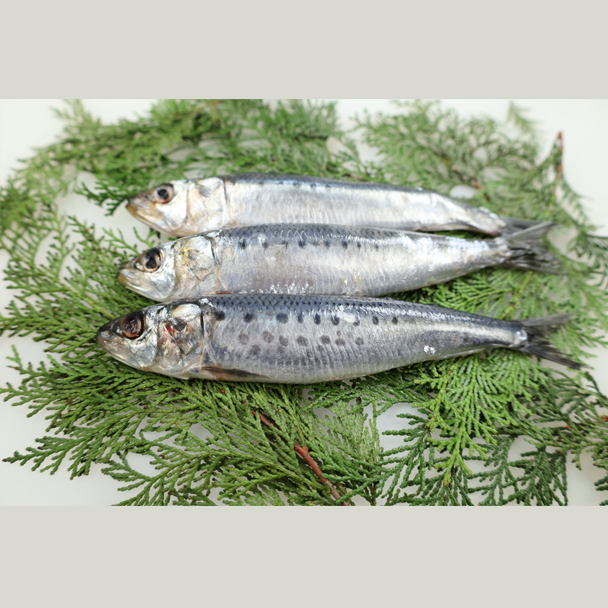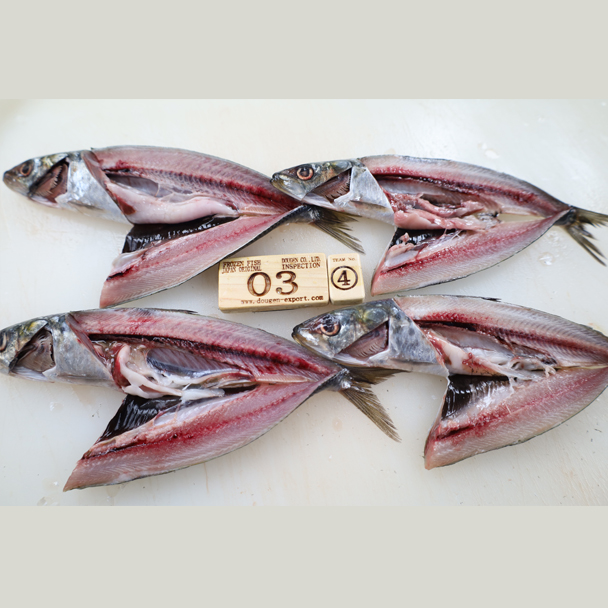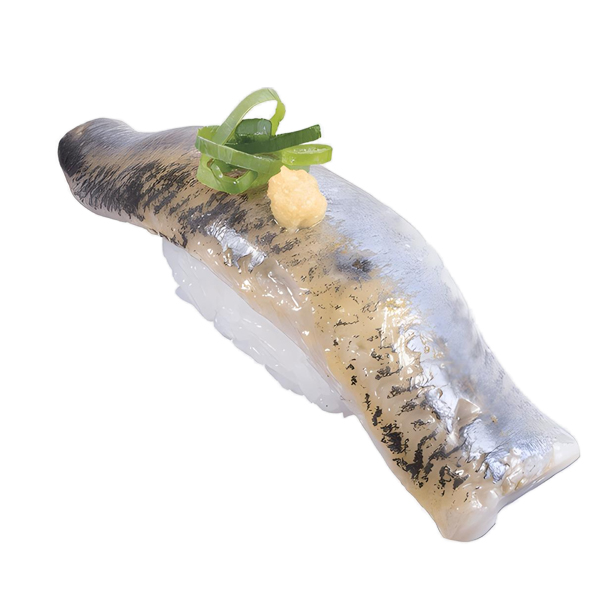










Sardines are rich in high-quality protein, Omega-3 fatty acids, calcium, phosphorus, iron, zinc, selenium and other trace elements, as well as vitamins A, B12, D, etc. These nutrients play an important role in human cardiovascular health, bone health, cognitive health, etc.
As sardines are attracted to light at night, fishermen generally use light-generating seines, gillnets, troll nets and fixed nets to catch them.
Sardines are warm-water fish that live in coastal waters. They are not usually found in the open sea or oceans. They usually live in the upper and middle layers, but in autumn and winter when the surface water temperature is low, they live in deeper sea areas. Most sardines have a suitable temperature of around 20-30°C, and only a few species have a lower temperature, such as the Far Eastern sardine, which has a suitable temperature of 8-19°C. Sardines mainly feed on plankton, which varies depending on the species, sea area, and season, and also varies between adult and juvenile fish.

